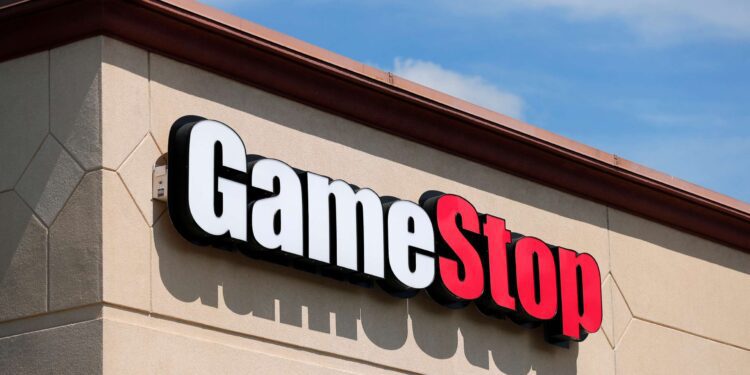GameStop’s recent financial performance has been lackluster. The company disclosed a $32.3 million deficit on revenue of $882 million in the fiscal first quarter. This comes after a $50.5 million shortfall on revenue of $1.2 billion last year.
Changes in the video gaming industry’s structure have severely impacted GameStop’s traditional retail model. The surge in digital downloads and competition from streaming services like Netflix have presented significant hurdles. Ryan Cohen, the head of GameStop, has not shared his strategic vision for the company.
Key executives have been departing over the past couple of years. Wall Street’s sell-side research coverage has diminished due to the stock’s instability and Cohen’s secrecy. Despite these challenges, GameStop has recently bolstered its cash reserves.
Quarterly loss poses challenges for GameStop’s future.
The company raised a total of $2.1 billion last week and $933 million three weeks prior by selling additional shares. This sudden influx of cash has sparked speculation among investors regarding Cohen’s next steps.
Retail pundit and investor Jeff Macke believes that investing more in physical stores is not the answer for GameStop. The company’s outdated merchandise strategies and subpar mall locations are major obstacles. Instead, Macke envisions GameStop transitioning into a holding company.
He proposes emulating Berkshire Hathaway’s transformation from a failing textile company into a successful conglomerate. “With $3 billion to $4 billion in cash, the challenge is determining the best way to utilize it. GameStop won’t be the focus,” Macke suggests.
“It will be in other ventures.”


